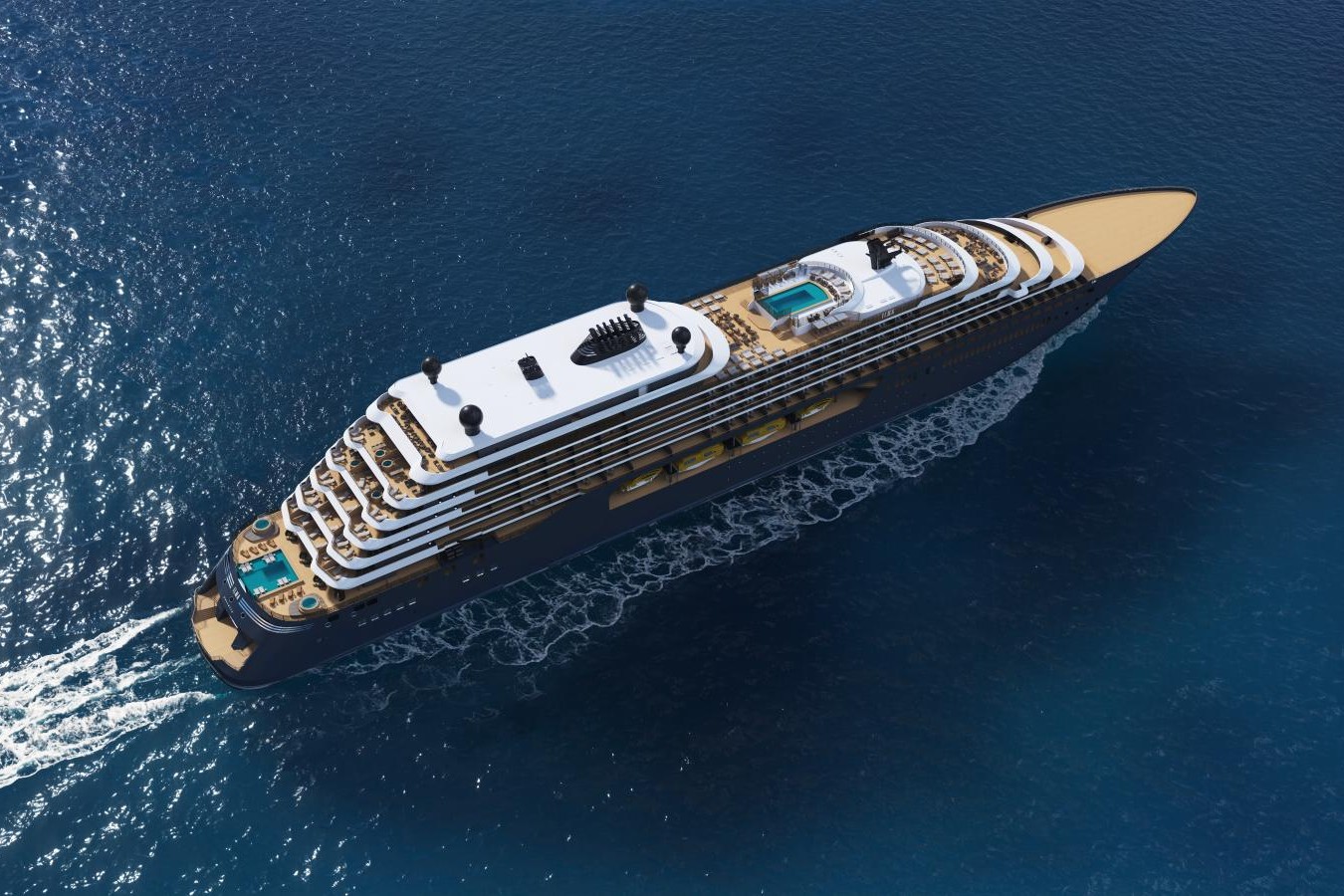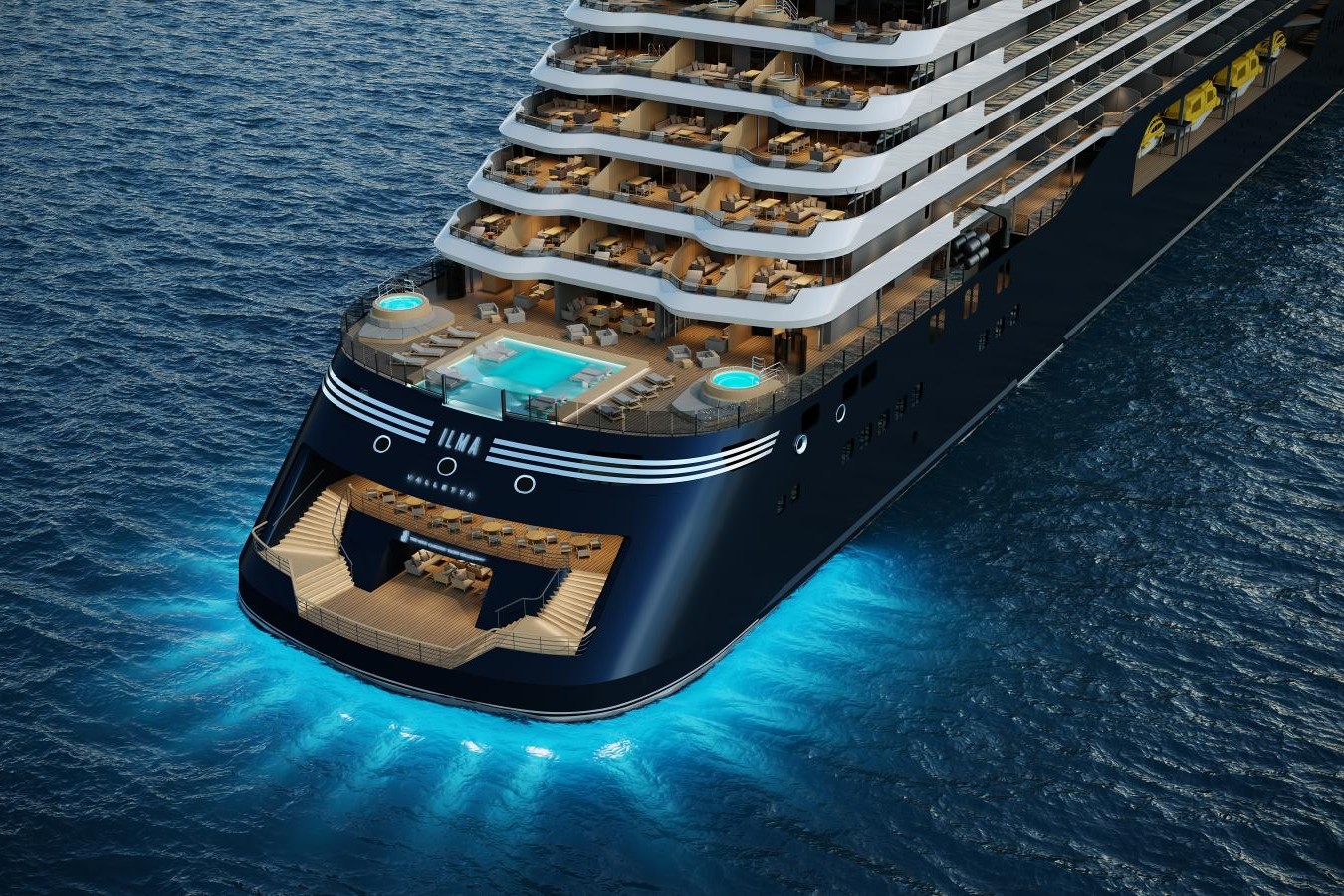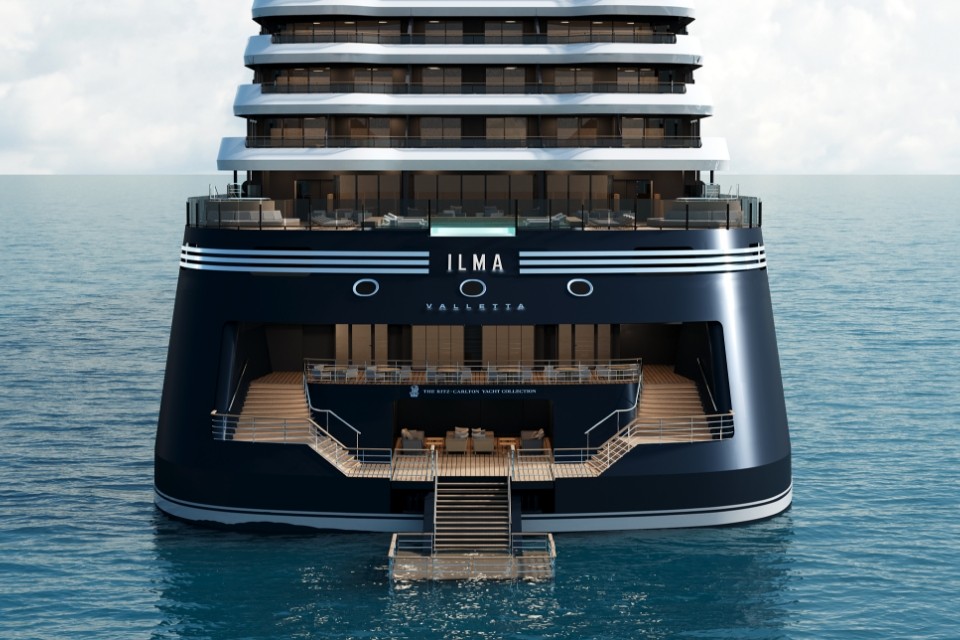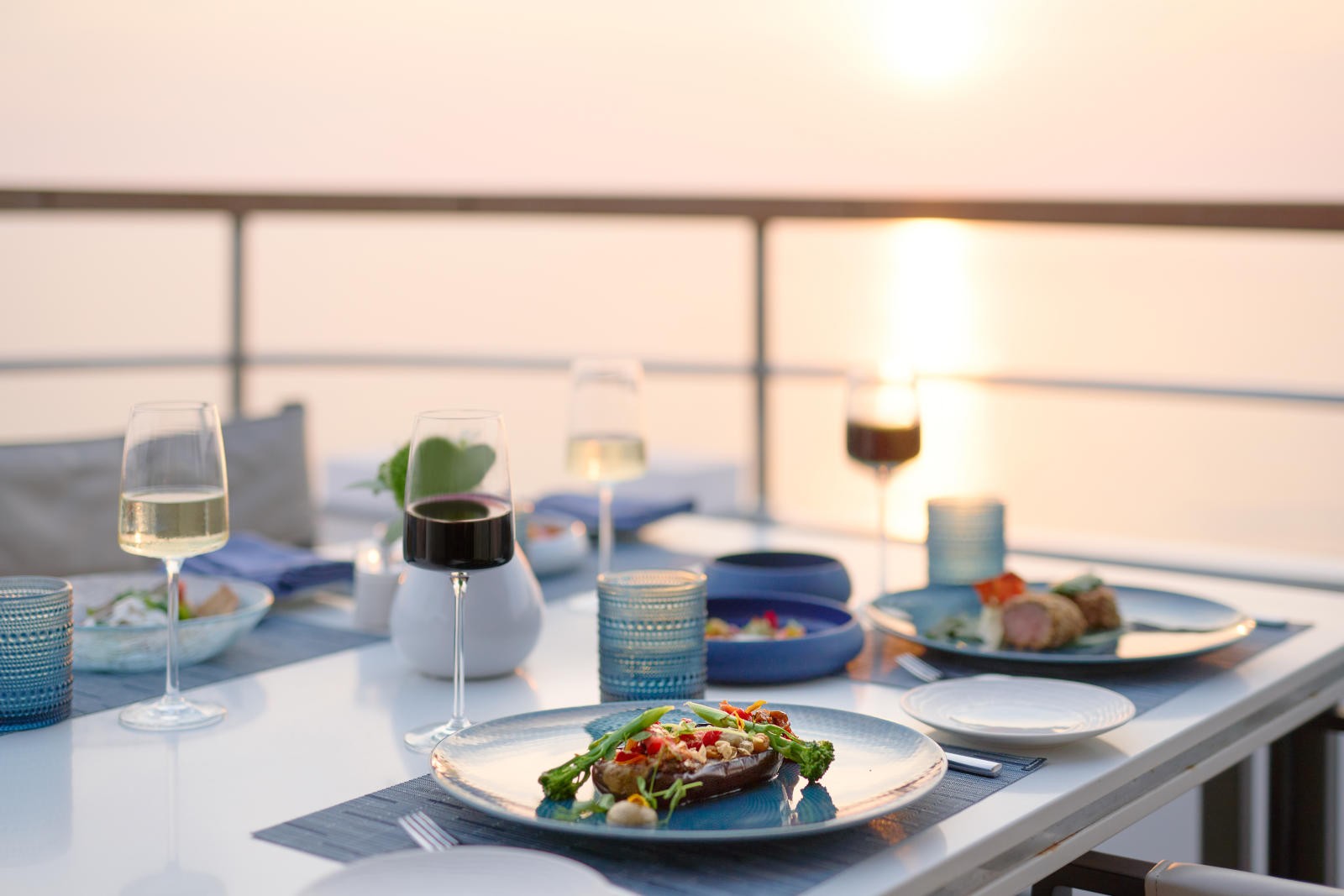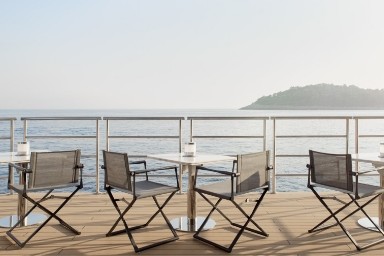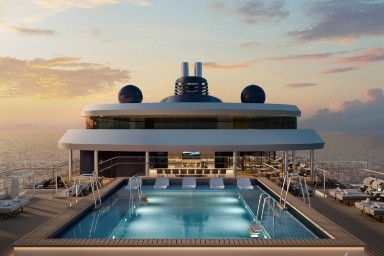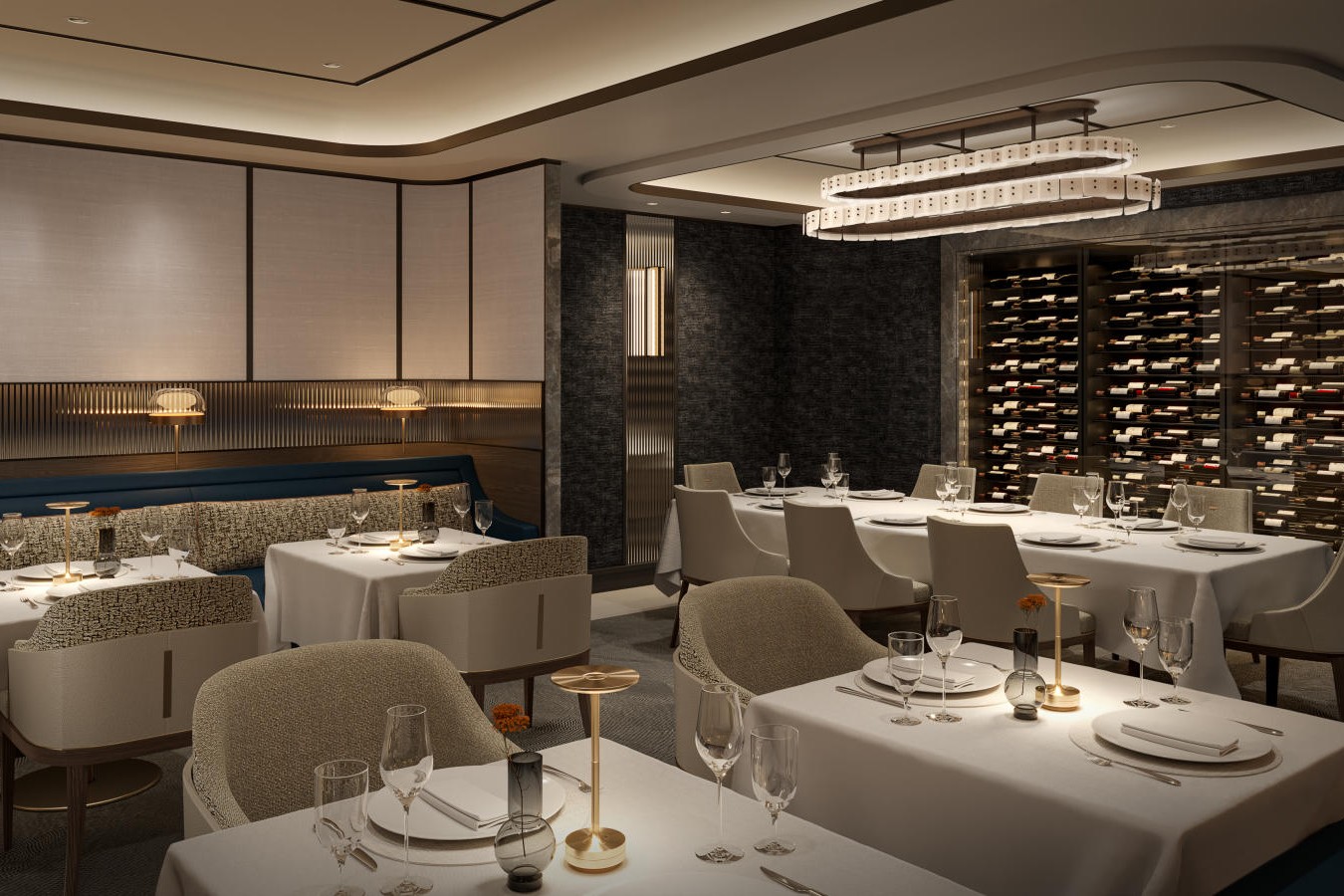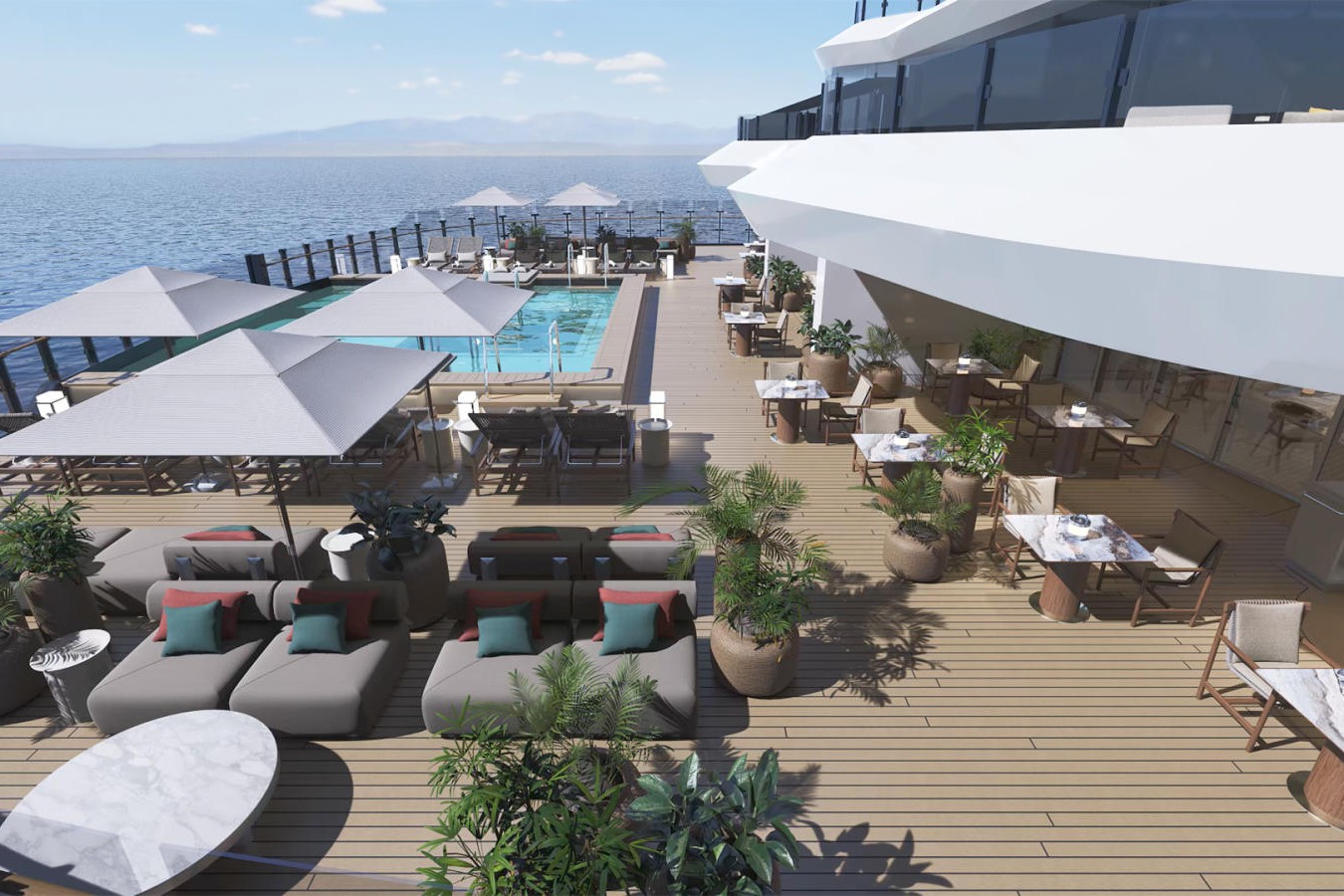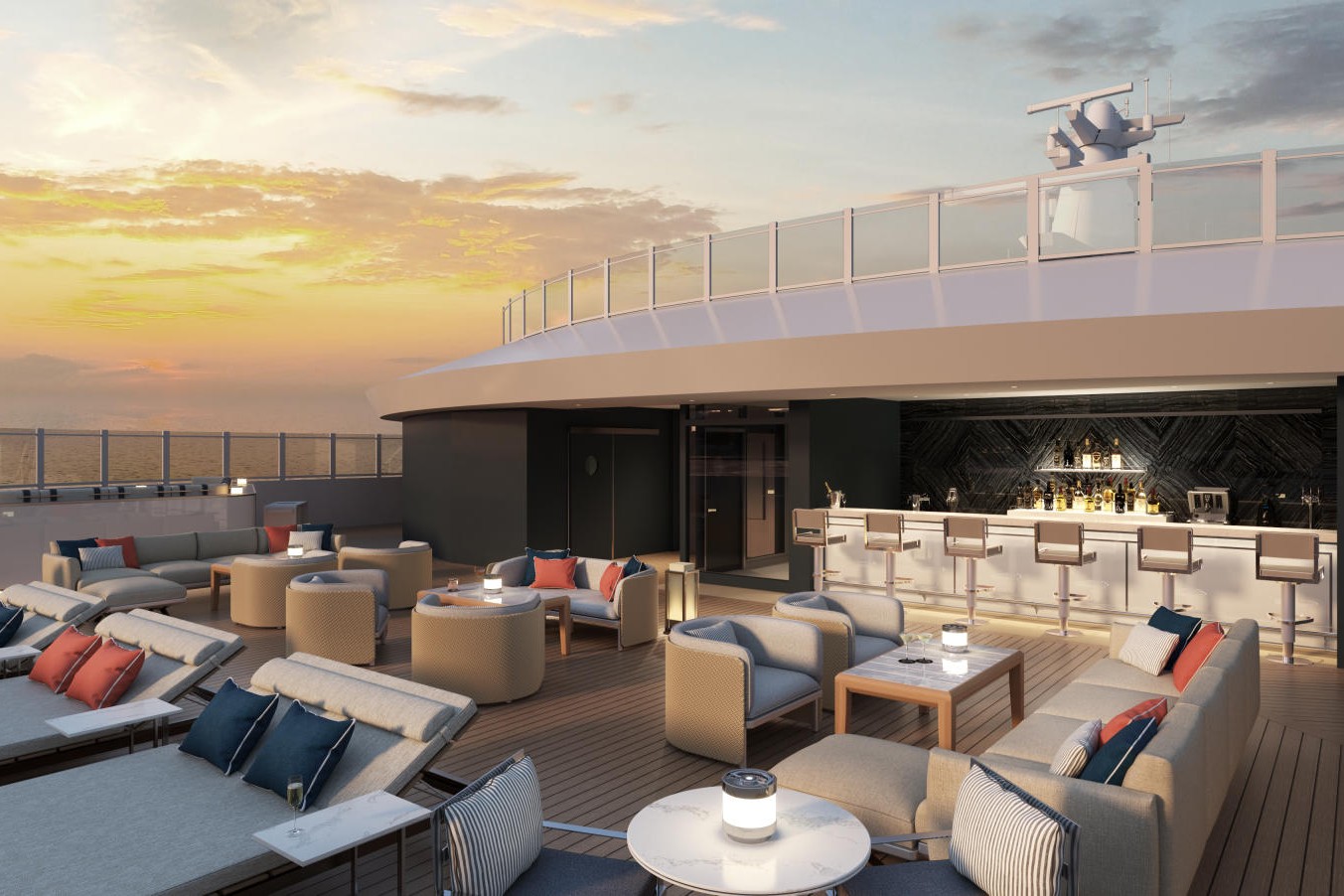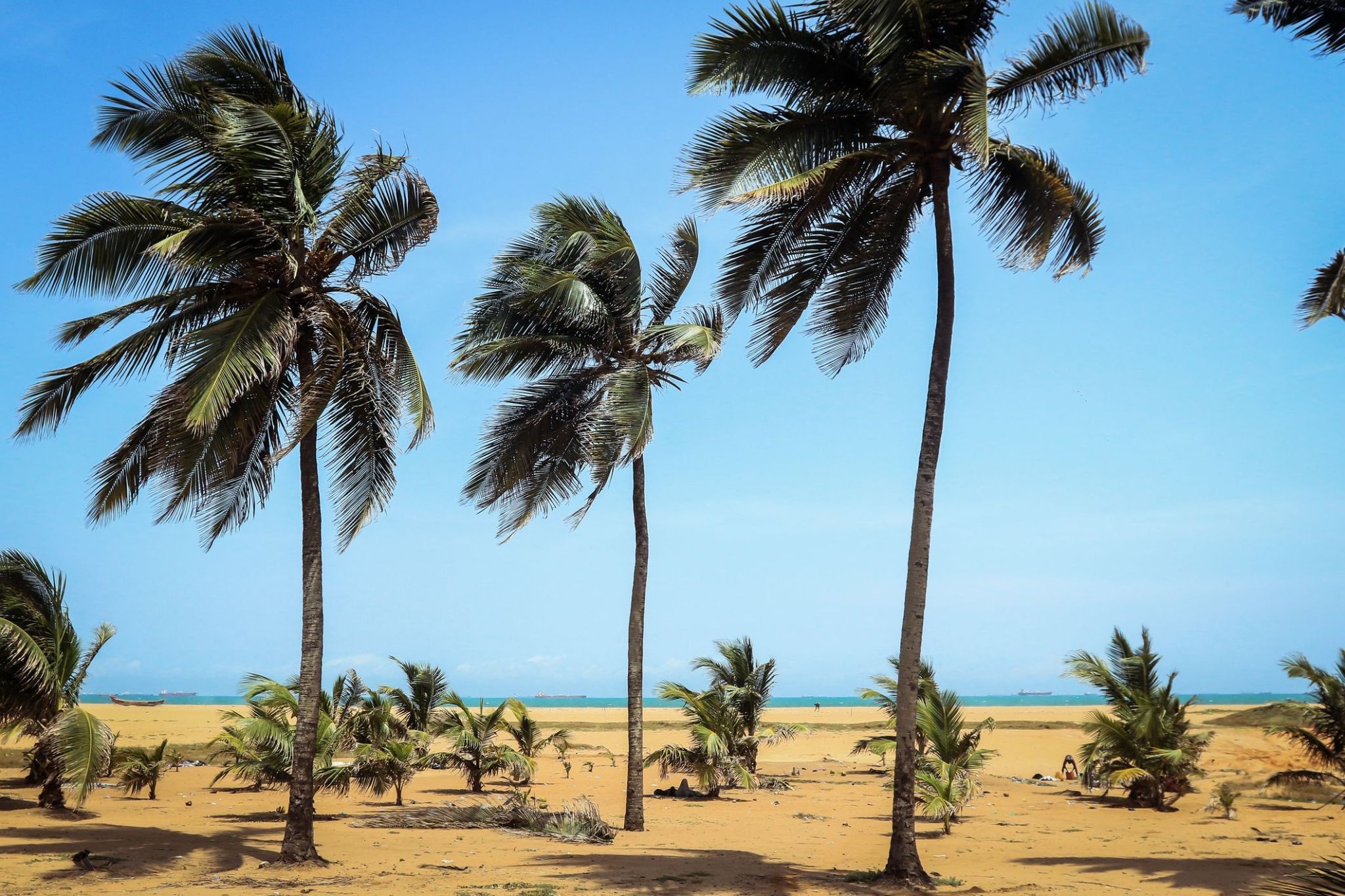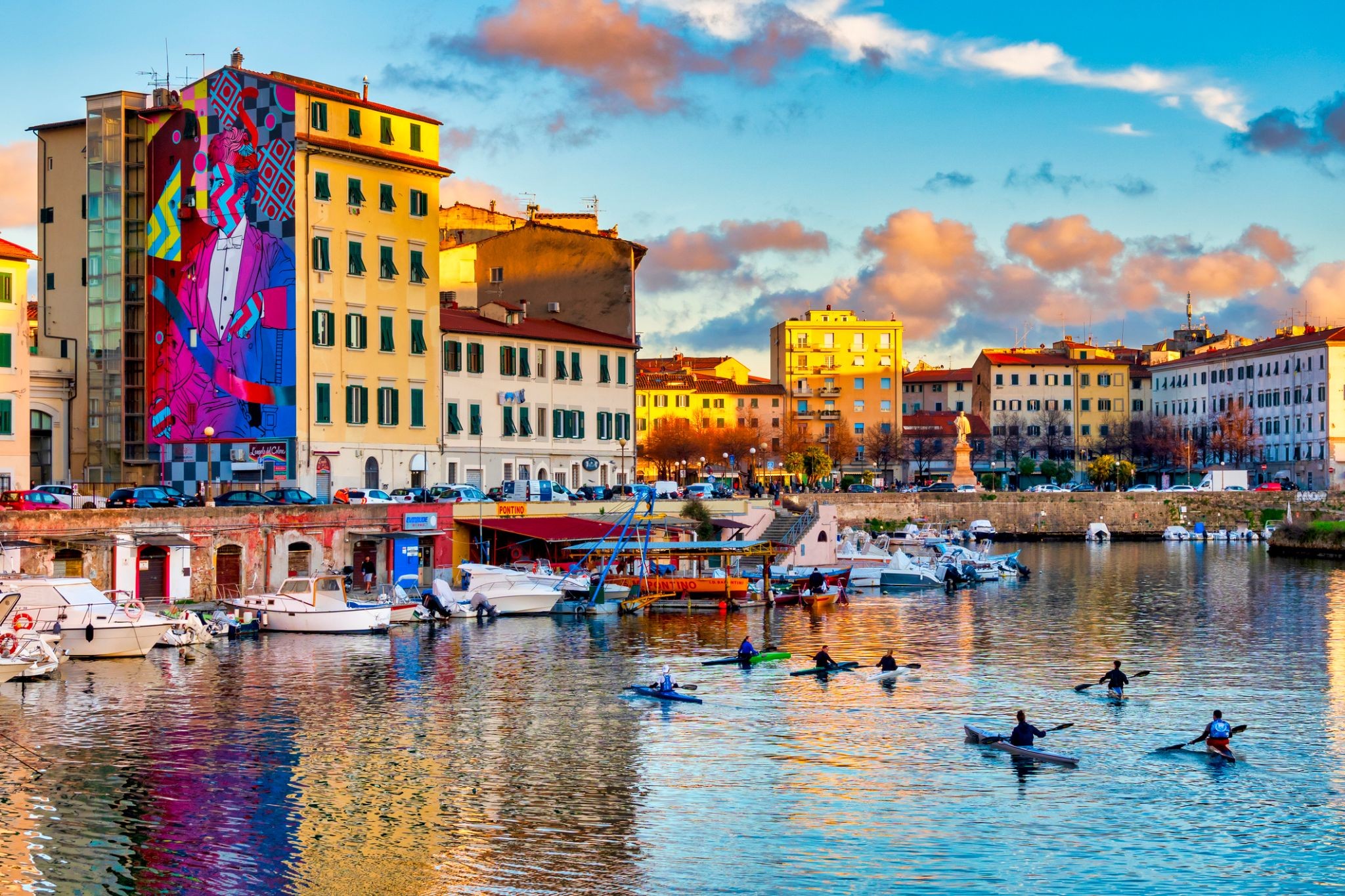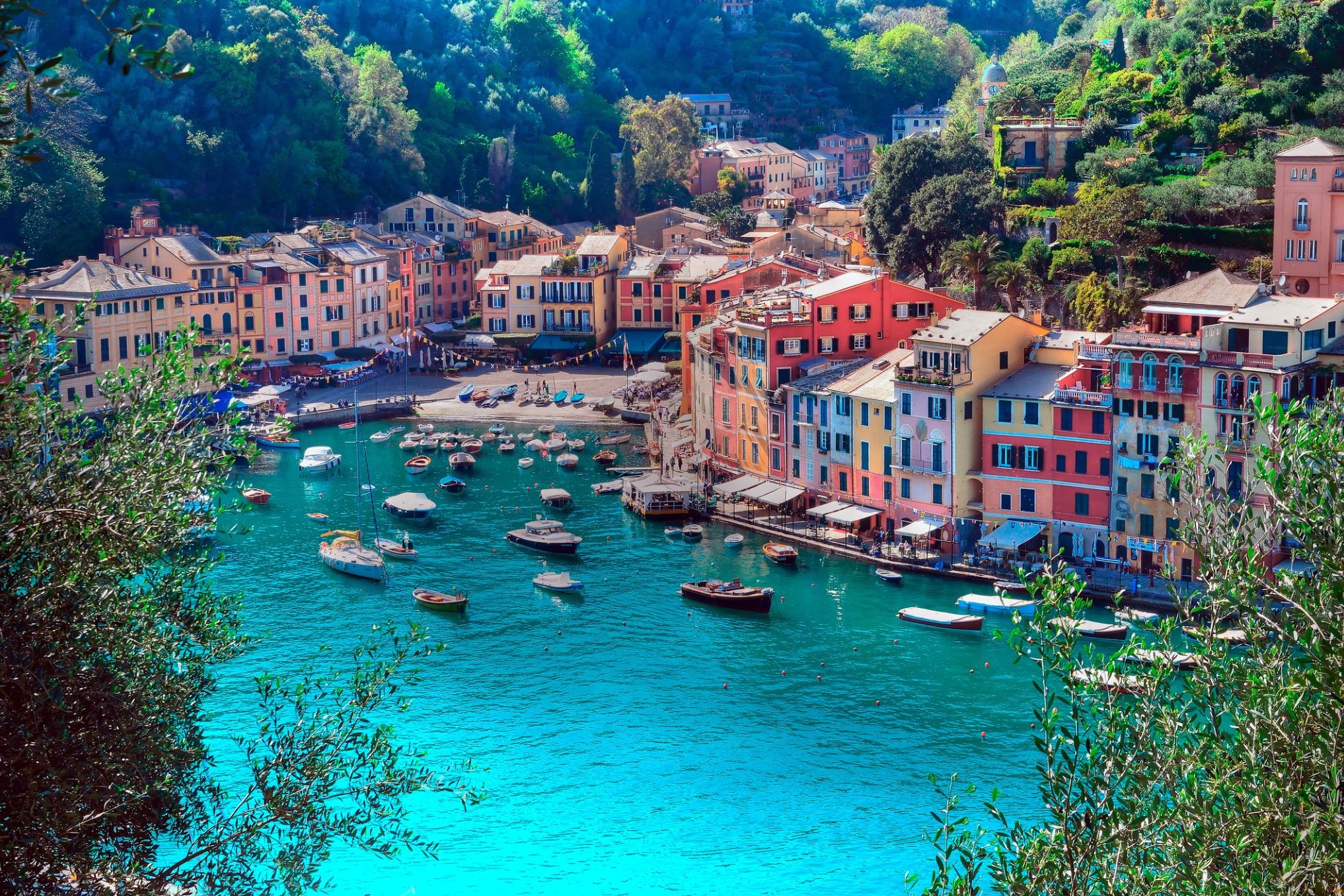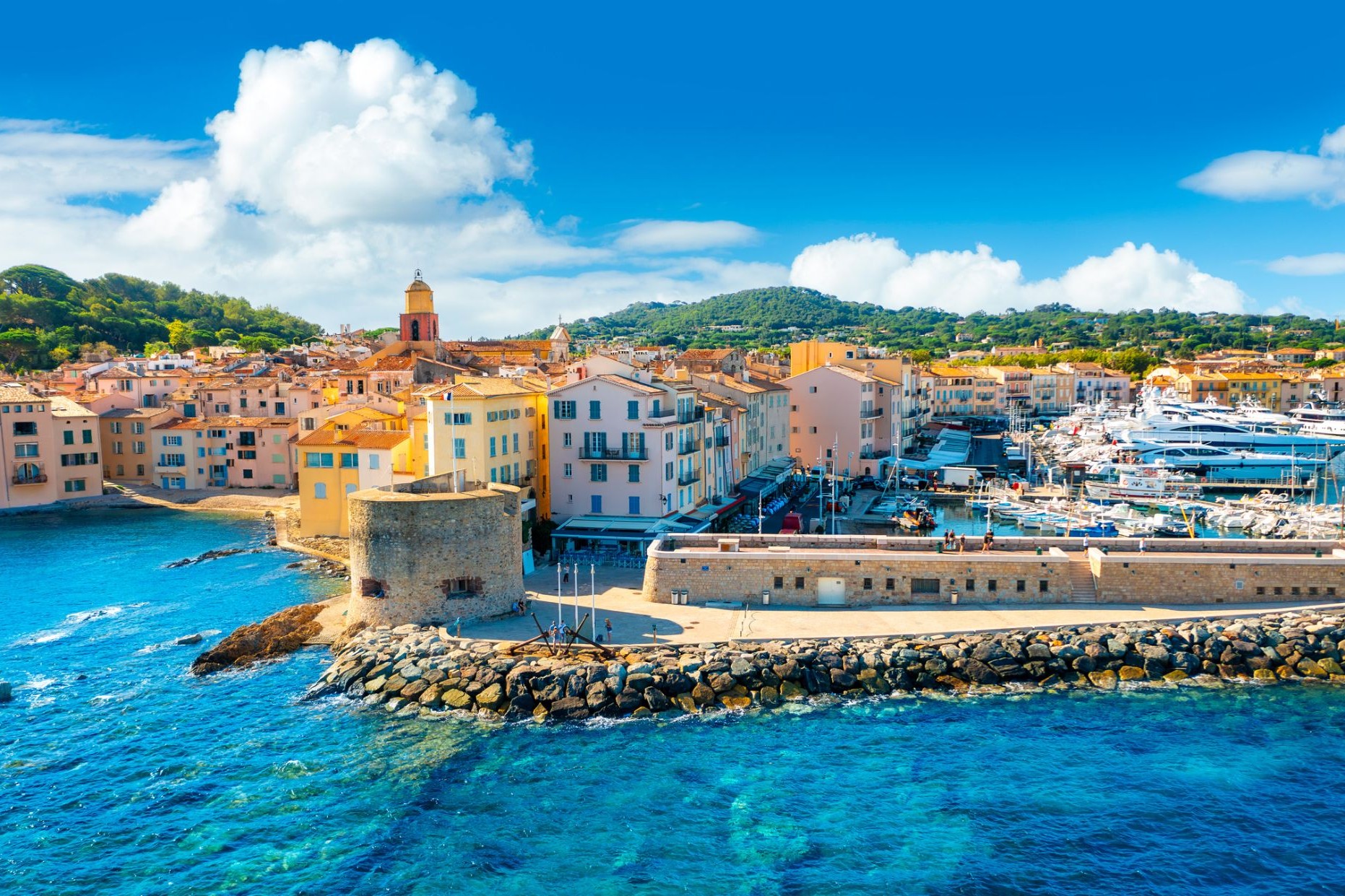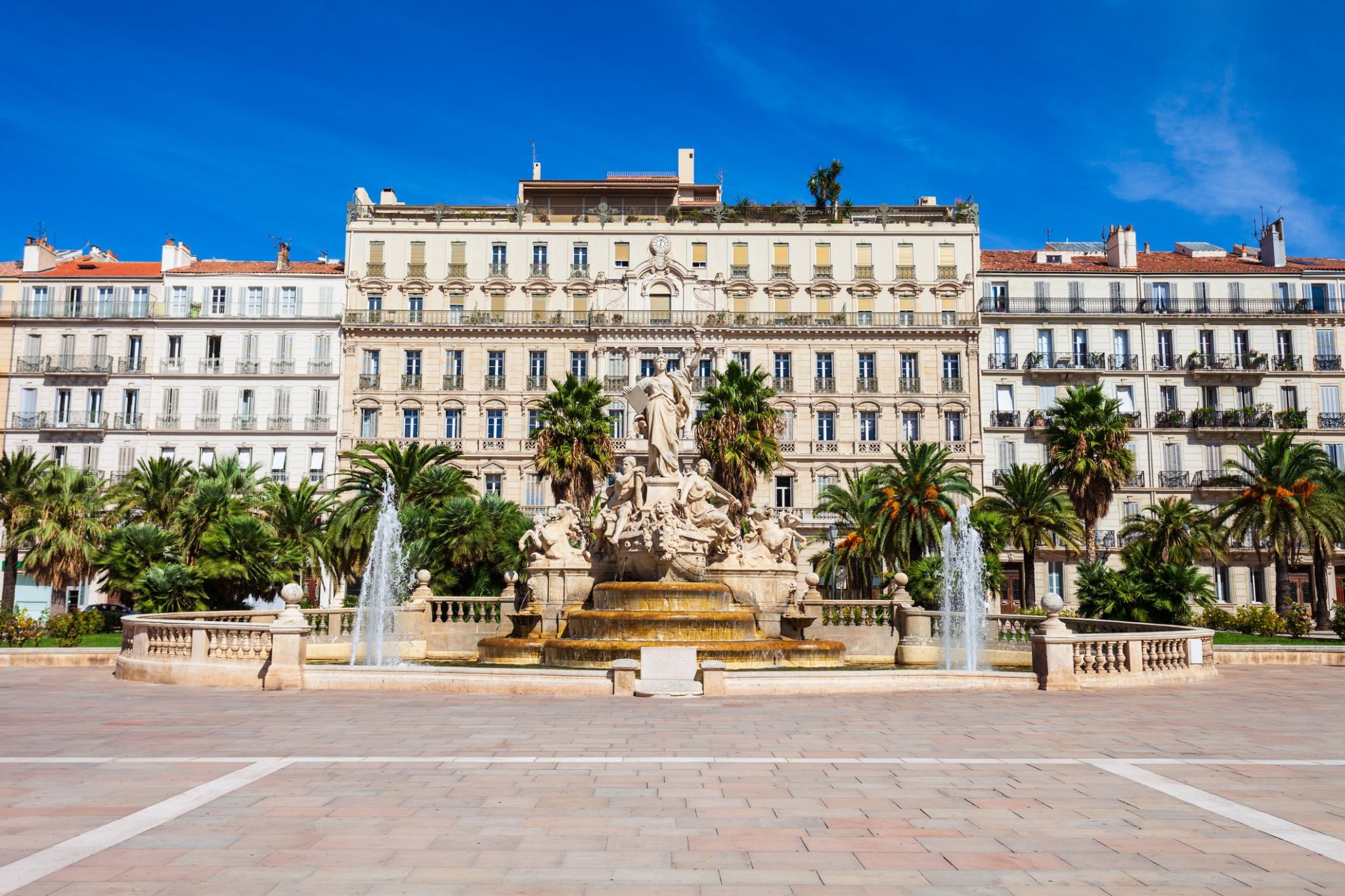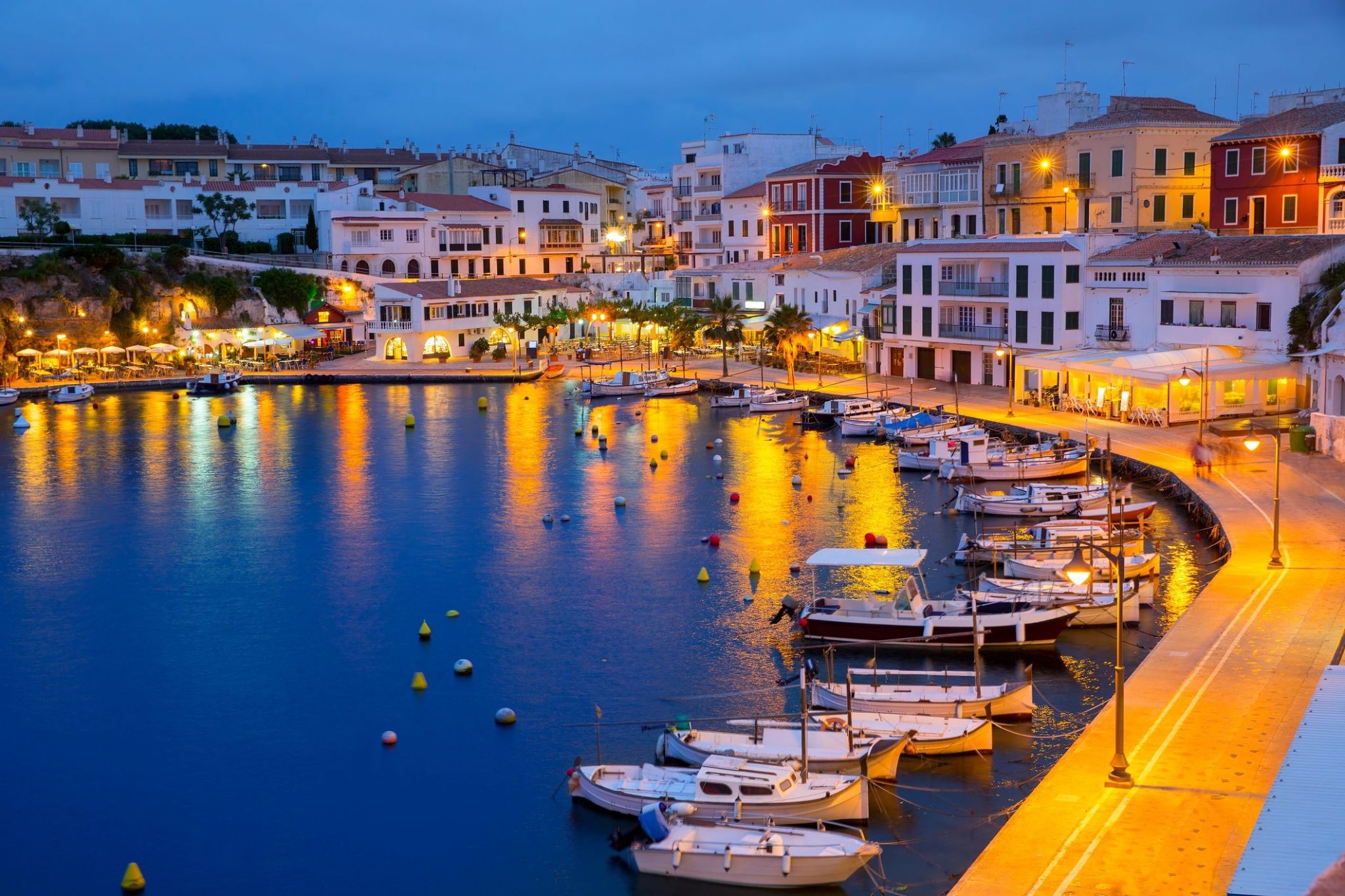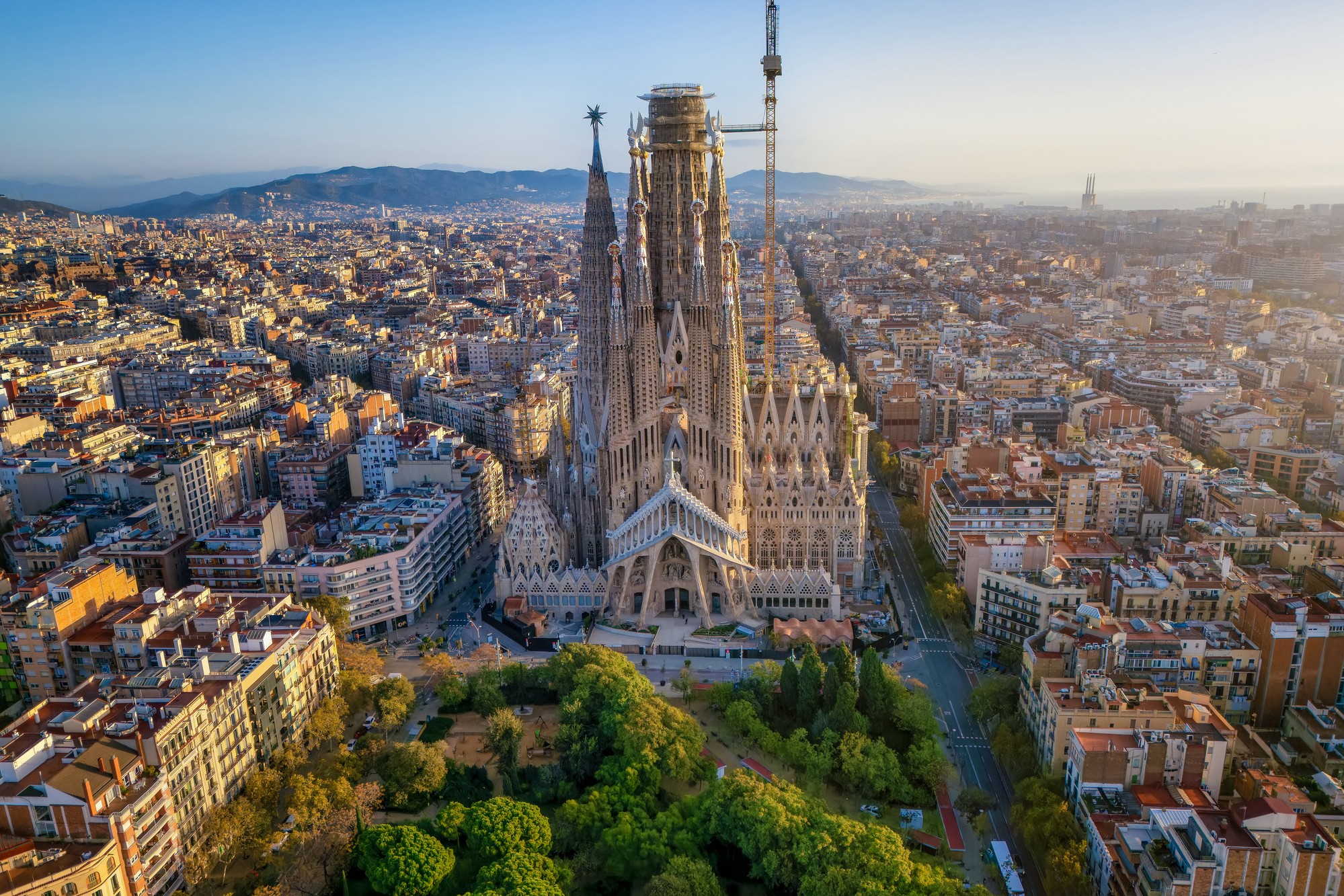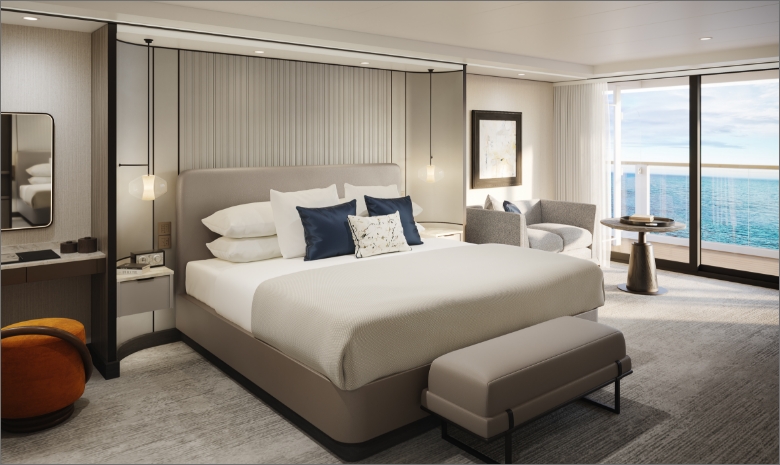
Cruise: 30,883,353
7 nights from Rome (Civitavecchia)
| Cruise Region : Mediterranean Sea |
| Company : The Ritz-Carlton Yacht Collection |
| Ship : ILMA |
| Journey Start : Sun 15 Jun 2025 |
| Journey End : Sun 22 Jun 2025 |
| Count Nights : 7 nights |
Schedule
| Day | Date | Port | Arrival | Departure |
|---|---|---|---|---|
| 1 | 15.06 Sun | Lome / Togo | 18:00 | |
| 2 | 16.06 Mon | Livorno / Italy | 08:00 | |
| 3 | 17.06 Tue | Livorno / Italy | 19:00 | |
| 4 | 18.06 Wed | Portofino / Italy | 08:00 | 21:00 |
| 5 | 19.06 Thu | Saint Tropez / France | 08:00 | 23:00 |
| 6 | 20.06 Fri | Toulon / France | 09:00 | 18:00 |
| 7 | 21.06 Sat | Port of Mahon / Spain | 08:00 | 18:00 |
| 8 | 22.06 Sun | Barcelona / Spain | 07:00 |
THE RITZ-CARLTON YACHT COLLECTION ALL-INCLUSIVE EXPERIENCE
Whether yachting through mesmerizing waters in a luxury Northern Europe and Baltic cruise, relaxing in the warm waters of the Caribbean through a luxury Caribbean cruise, or taking a crossing voyage, amenities should be your last worry while voyaging with The Ritz-Carlton Yacht Collection. All guests aboard our bespoke yacht collection can enjoy a variety of world-class features as part of their all-inclusive cruise fare, regardless of suite type or voyage duration.
YOUR ALL-INCLUSIVE FARE INCLUDES:
• Oceanview accommodations, each with private terrace overlooking the ocean
• Onboard gratuities
• Multiple dining venues
• 24-hour in-suite dining
• Beverages in-suite and throughout the yacht
• Onboard entertainment and enrichment
• Premium Wi-Fi, supporting browsing, social media, streaming services, video calls and VPN services.
• Marina-style platform with access to non-motorized watersports while at anchor
CRUISE CANCELLATIONS:
Cruise cancellation requests received within 150 days of the Sailing Date will be subject to the following cancellation fees:
150 to 121 days prior to Sailing Date a cancellation fee equal to 25% of the Cruise Fare
120 to 91 days prior to Sailing Date a cancellation fee equal to 50% of the Cruise Fare
90 to 61 days prior to Sailing Date a cancellation fee equal to 75% of the Cruise Fare
60 or less prior to Sailing Date a cancellation fee equal to 100% of the Cruise Fare
-
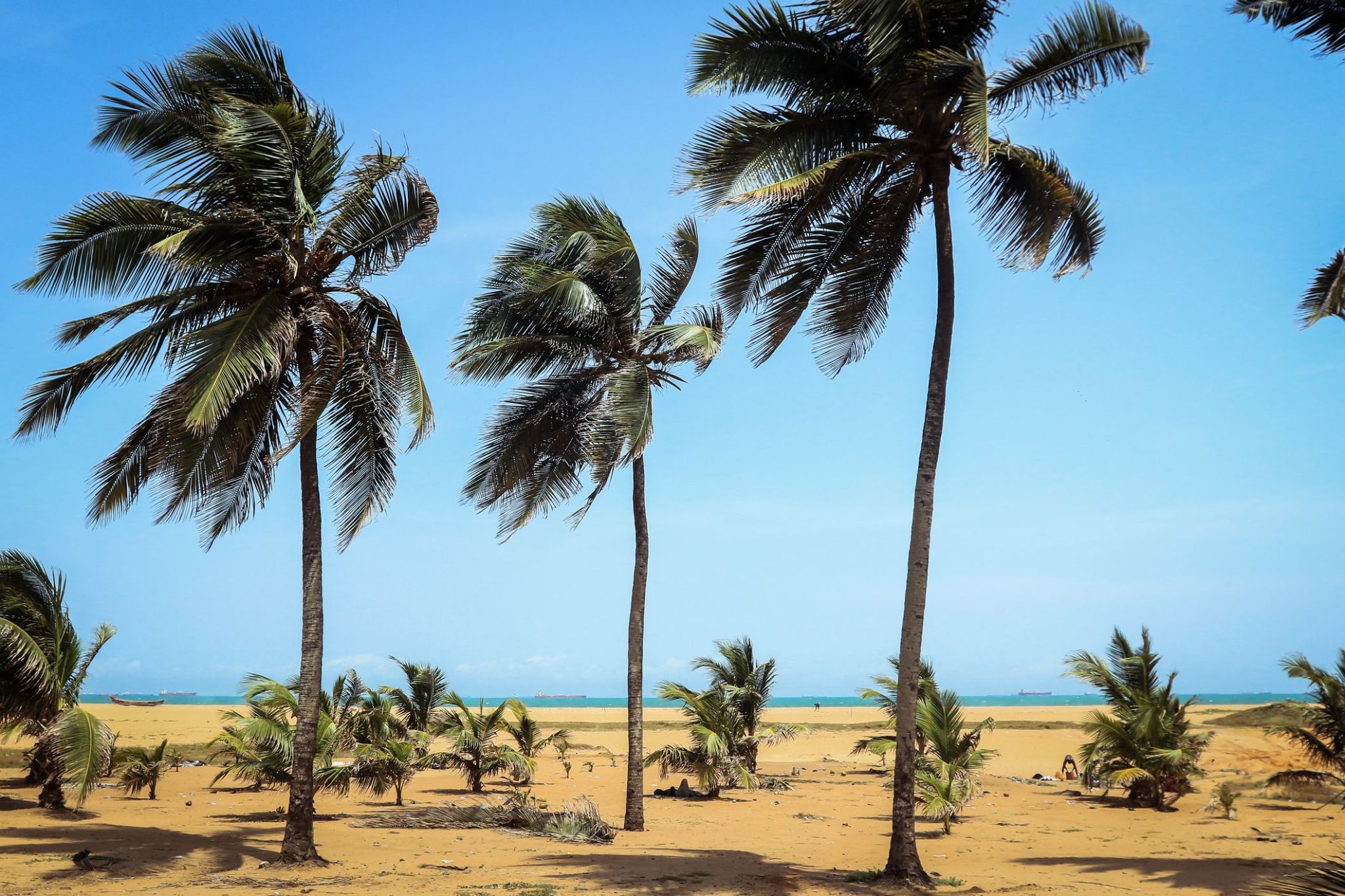 Day 1: 18:00
Day 1: 18:00Lome / Togo
Lomé is the capital and largest city of Togo. It has an urban population of 837,437[1] while there were 1,570,283 permanent residents in its metropolitan area as of the 2011 census. Located on the Gulf of Guinea, Lomé is the country's administrative and industrial center, which includes an oil refinery, and its chief port, where it exports coffee, cocoa, copra, and palm kernels.
-
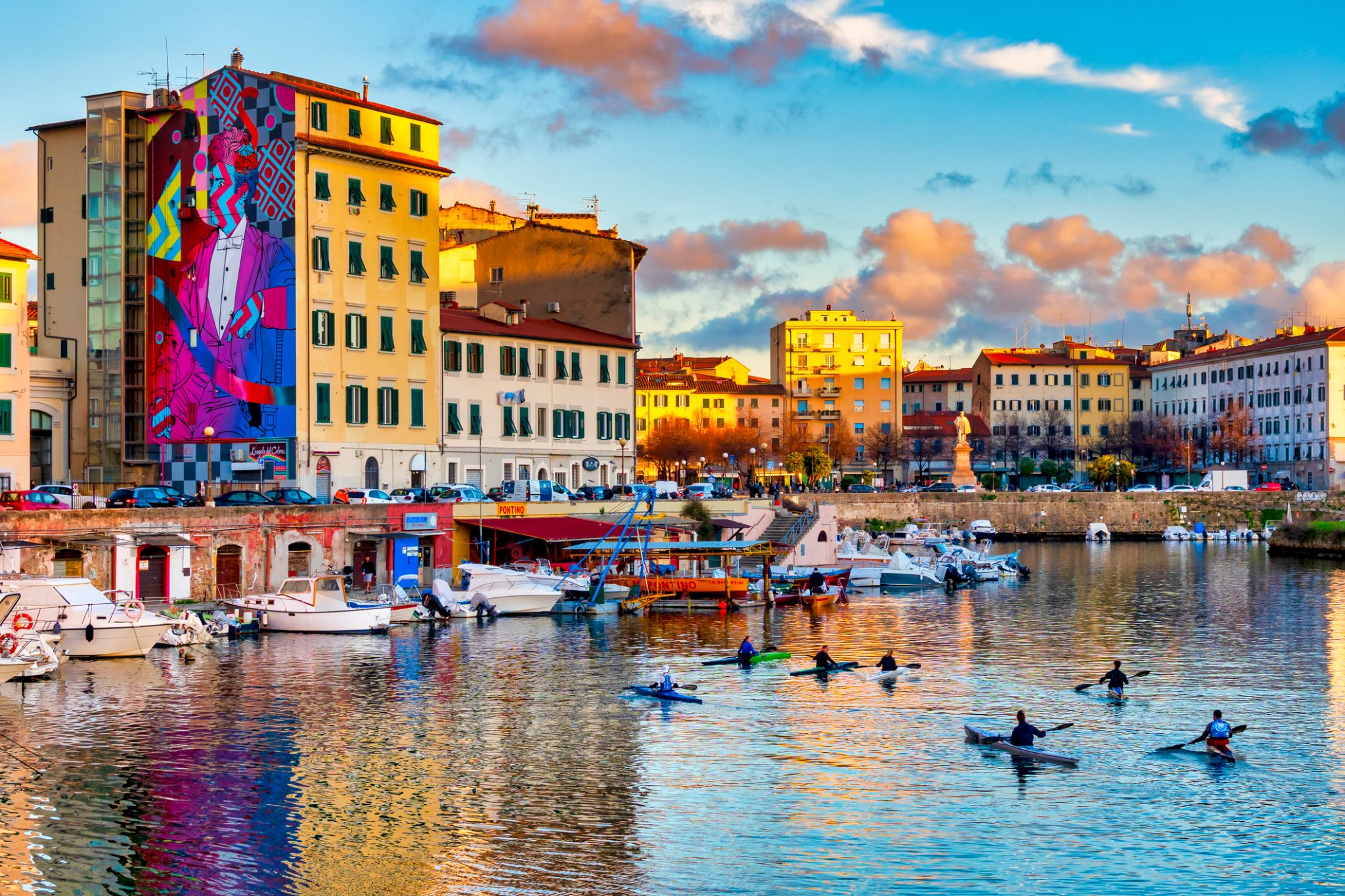 Day 2: 08:00-00:00
Day 2: 08:00-00:00Livorno / Italy
Livorno is a port city on the Ligurian Sea on the western coast of Tuscany, Italy. It is the capital of the Province of Livorno, having a population of 158,493 residents in December 2017. It has traditionally been known in English as Leghorn.
The origins of Livorno are controversial, although the place was inhabited since the Neolithic Age as shown by worked bones, pieces of copper and ceramic found on the Livorno Hills in a cave between Ardenza and Montenero. The construction of the Via Aurelia coincided with the occupation of the region by the Romans, who left traces of their presence in the toponyms and ruins of towers. The natural cove called Liburna, later transformed into Livorna, before becoming Livorno, is a reference to the type of ship, the liburna, used by Roman navy. Others ancient toponyms include: Salviano (Salvius), Antignano (Ante ignem) which was the place situated before Ardenza (Ardentia) where were the beacons for the ships directed to Porto Pisano.
The name Livorna is mentioned for the first time in 1017 as a small coastal village, the port and the remains of a Roman tower. In 1077, a tower was built by Matilda of Tuscany. The Republic of Pisa owned Livorno from 1103 and built a quadrangular Fort called Quadratura dei Pisani ("Quarter of the Pisans") to defend the port. Porto Pisano was destroyed after the crushing defeat of the Pisan fleet in the Battle of Meloria in 1284. In 1399, Pisa sold Livorno to the Visconti of Milan, in 1405 it was sold to the Republic of Genoa and on 28 August 1421 it was bought by the Republic of Florence.
Between 1427 and 1429, a census counted 118 families in Livorno, including 423 persons. Monks, Jews, military personnel, and the homeless were not included in the census. The only remainder of medieval Livorno is a fragment of two towers and a wall, located inside the Fortezza Vecchia.
-
 Day 3: 00:00-19:00
Day 3: 00:00-19:00Livorno / Italy
Livorno is a port city on the Ligurian Sea on the western coast of Tuscany, Italy. It is the capital of the Province of Livorno, having a population of 158,493 residents in December 2017. It has traditionally been known in English as Leghorn.
The origins of Livorno are controversial, although the place was inhabited since the Neolithic Age as shown by worked bones, pieces of copper and ceramic found on the Livorno Hills in a cave between Ardenza and Montenero. The construction of the Via Aurelia coincided with the occupation of the region by the Romans, who left traces of their presence in the toponyms and ruins of towers. The natural cove called Liburna, later transformed into Livorna, before becoming Livorno, is a reference to the type of ship, the liburna, used by Roman navy. Others ancient toponyms include: Salviano (Salvius), Antignano (Ante ignem) which was the place situated before Ardenza (Ardentia) where were the beacons for the ships directed to Porto Pisano.
The name Livorna is mentioned for the first time in 1017 as a small coastal village, the port and the remains of a Roman tower. In 1077, a tower was built by Matilda of Tuscany. The Republic of Pisa owned Livorno from 1103 and built a quadrangular Fort called Quadratura dei Pisani ("Quarter of the Pisans") to defend the port. Porto Pisano was destroyed after the crushing defeat of the Pisan fleet in the Battle of Meloria in 1284. In 1399, Pisa sold Livorno to the Visconti of Milan, in 1405 it was sold to the Republic of Genoa and on 28 August 1421 it was bought by the Republic of Florence.
Between 1427 and 1429, a census counted 118 families in Livorno, including 423 persons. Monks, Jews, military personnel, and the homeless were not included in the census. The only remainder of medieval Livorno is a fragment of two towers and a wall, located inside the Fortezza Vecchia.
-
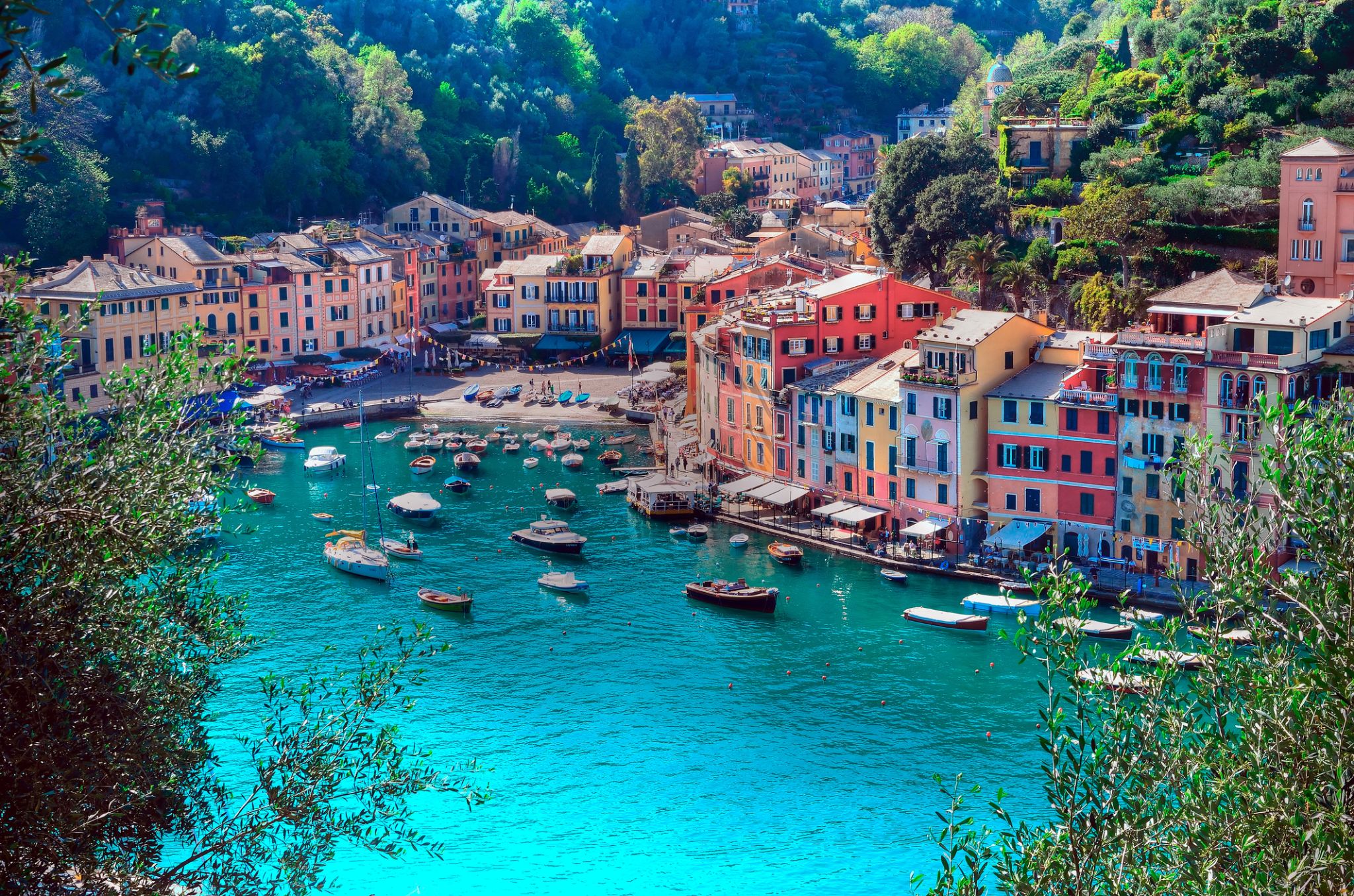 Day 4: 08:00-21:00
Day 4: 08:00-21:00Portofino / Italy
Portofino is an Italian fishing village and holiday resort famous for its picturesque harbour and historical association with celebrity and artistic visitors. It is a comunelocated in the Metropolitan City of Genoa on the Italian Riviera. The town is clustered around its small harbour, and is known for the colourfully painted buildings that line the shore.
-
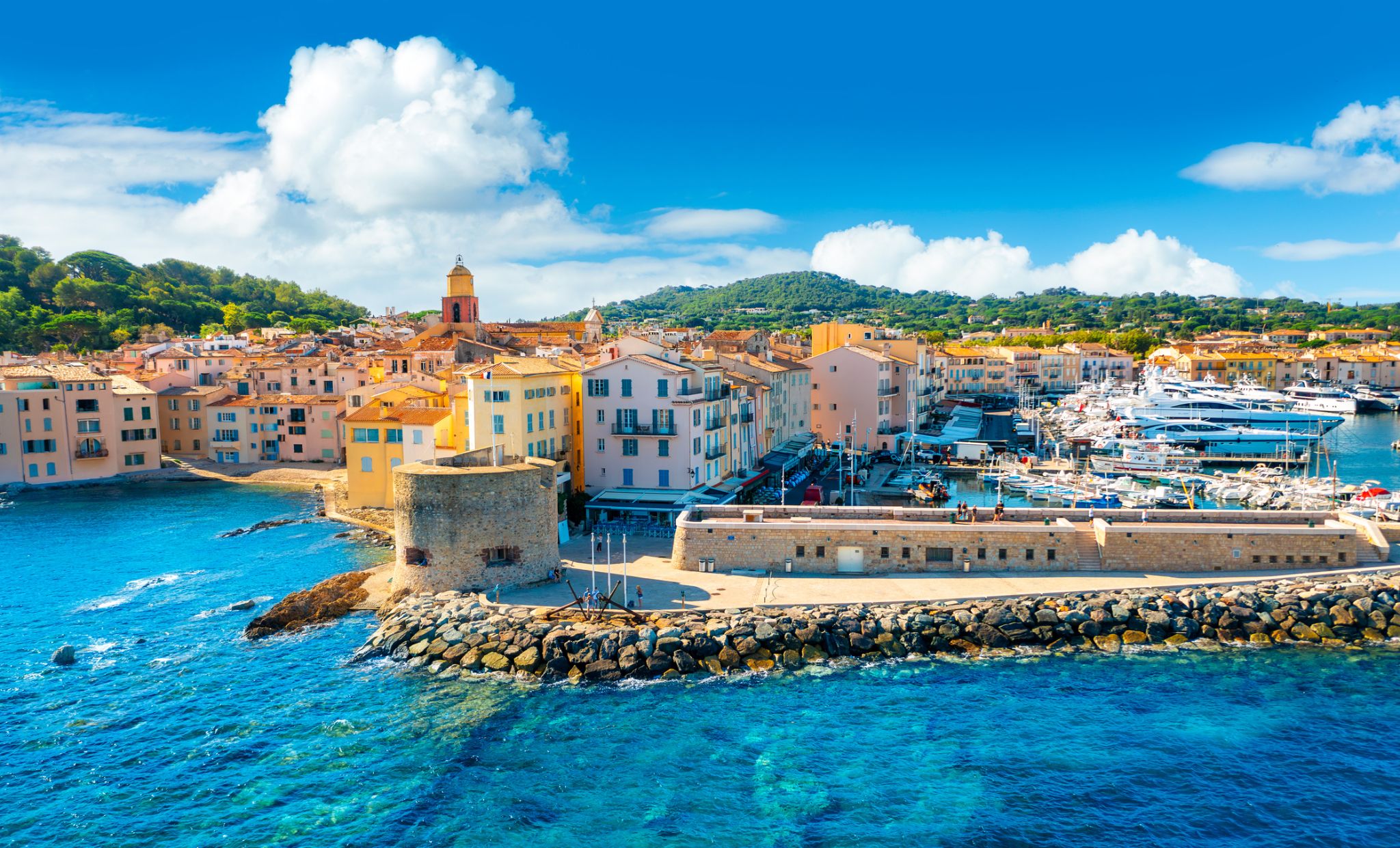 Day 5: 08:00-23:00
Day 5: 08:00-23:00Saint Tropez / France
Saint-Tropez is a town on the French Riviera, 100 kilometres (62 miles) west of Nice in the Var department of the Provence-Alpes-Côte d'Azur region of southeastern France.
Saint-Tropez was a military stronghold and fishing village until the beginning of the 20th century. It was the first town on this coast to be liberated during World War II as part of Operation Dragoon. After the war, it became an internationally known seaside resort, renowned principally because of the influx of artists of the French New Wave in cinema and the Yé-yé movement in music. It later became a resort for the European and American jet set and tourists.
-
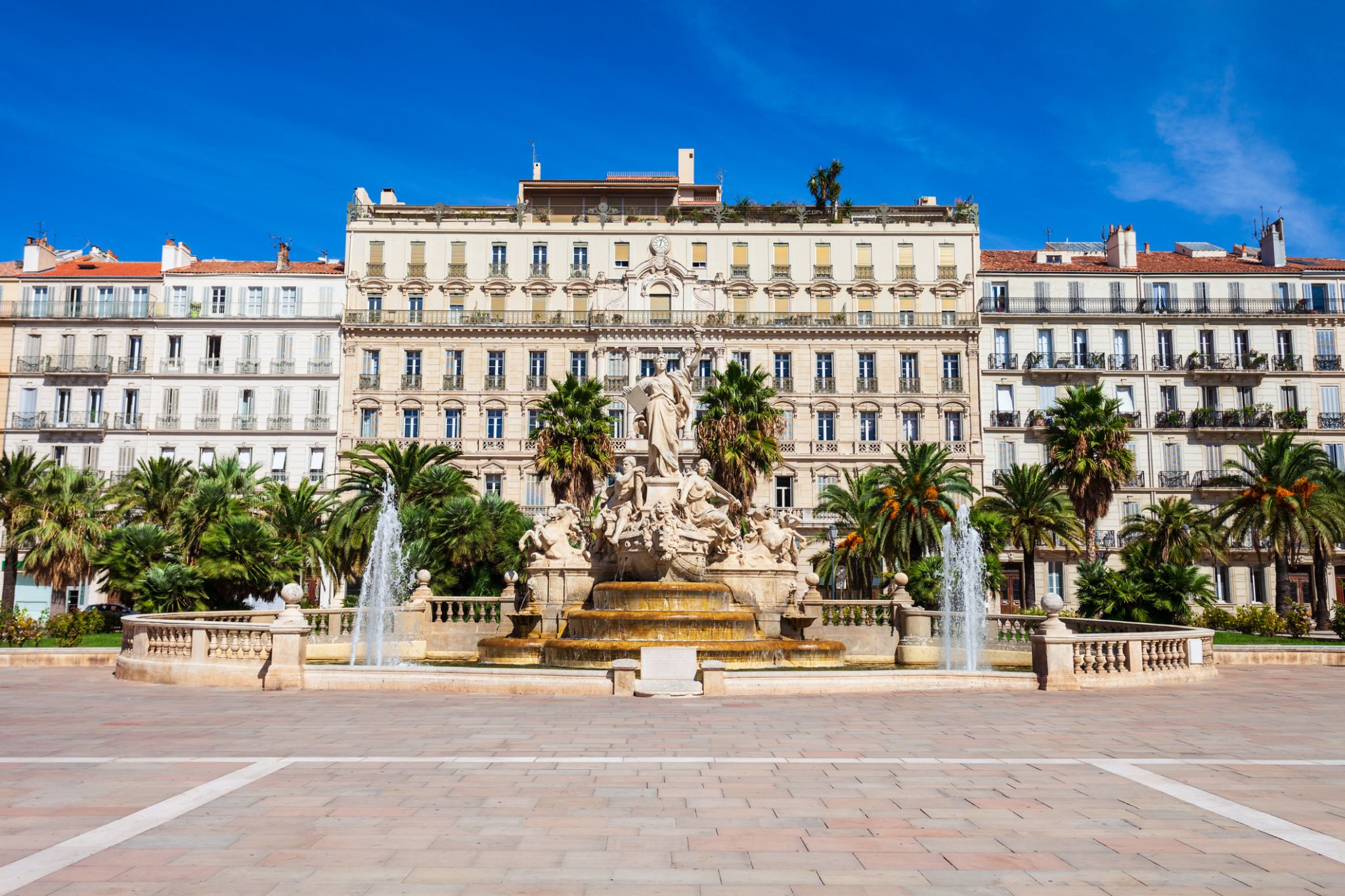 Day 6: 09:00-18:00
Day 6: 09:00-18:00Toulon / France
Toulon is a city in southern France and a large military harbour on the Mediterranean coast, with a major French naval base. Located in the Provence-Alpes-Côte d'Azur region, Toulon is the capital of the Var department.
The Commune of Toulon has a population of 165,514 people (2009), making it the fifteenth-largest city in France. It is the centre of an urban area with 559,421 inhabitants (2008), the ninth largest in France. Toulon is the fourth-largest French city on the Mediterranean coast after Marseille, Nice and Montpellier.
Toulon is an important centre for naval construction, fishing, wine making, and the manufacture of aeronautical equipment, armaments, maps, paper, tobacco, printing, shoes, and electronic equipment.
The military port of Toulon is the major naval centre on France's Mediterranean coast, home of the French aircraft carrier Charles de Gaulle and her battle group. The French Mediterranean Fleet is based in Toulon.
-
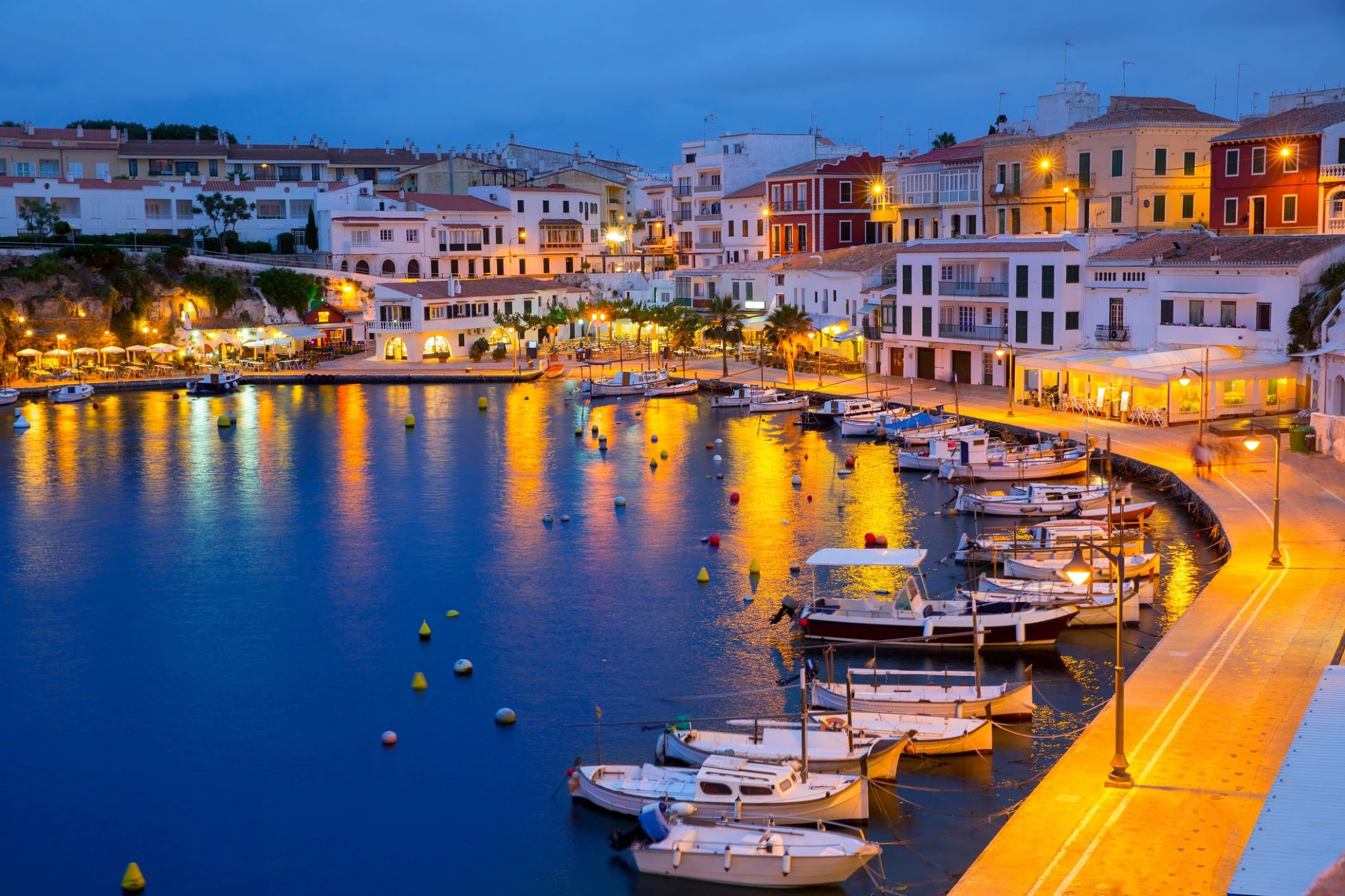 Day 7: 08:00-18:00
Day 7: 08:00-18:00Port of Mahon / Spain
-
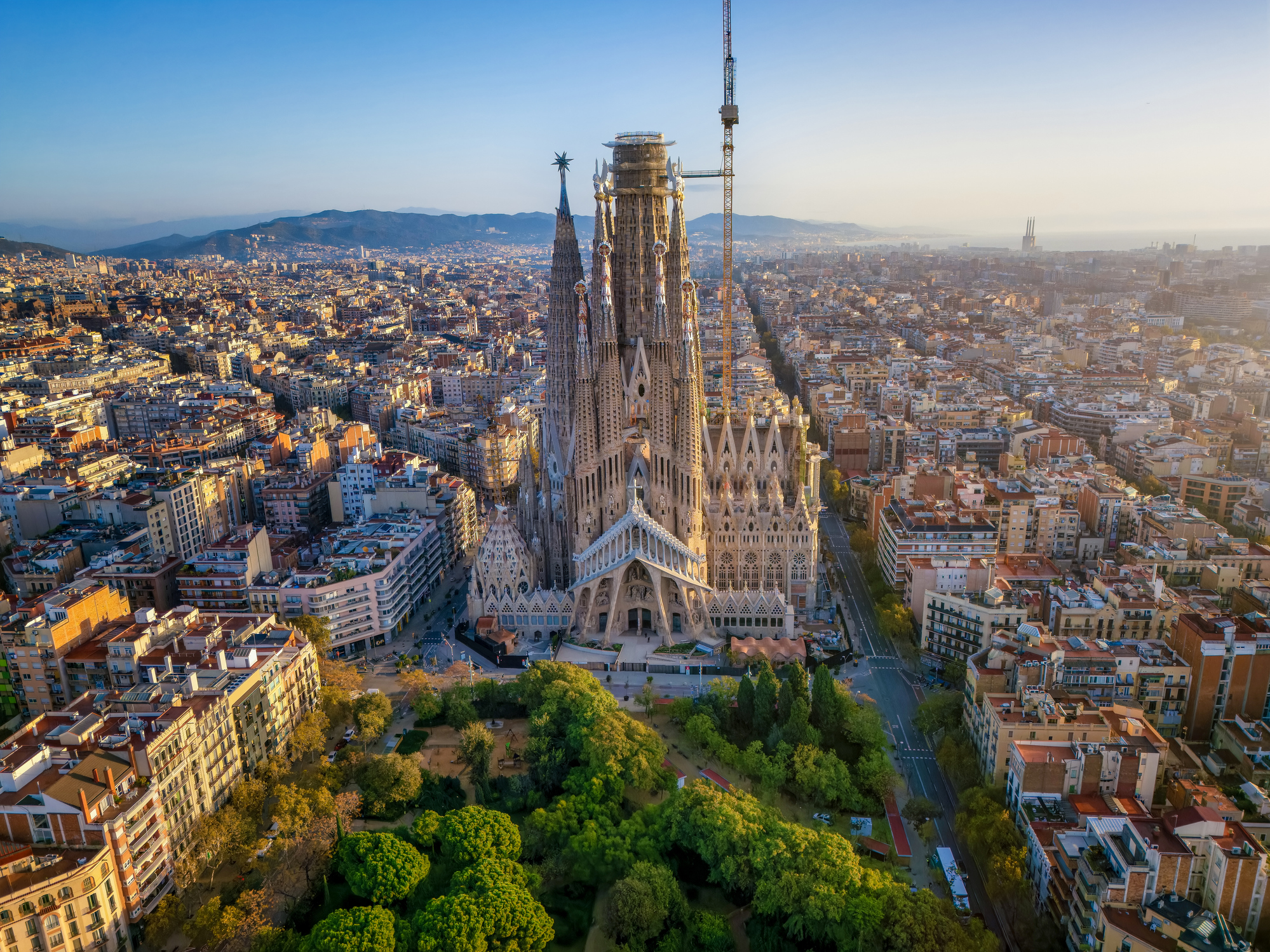 Day 8: 07:00
Day 8: 07:00Barcelona / Spain
Barcelona is a city in Spain. It is the capital and largest city of Catalonia, as well as the second most populous municipality of Spain. With a population of 1.6 million within city limits, its urban area extends to numerous neighbouring municipalities within the Province of Barcelona and is home to around 4.8 million people, making it the sixth most populous urban area in the European Union after Paris, London, Madrid, the Ruhr area and Milan. It is one of the largest metropolises on the Mediterranean Sea, located on the coast between the mouths of the rivers Llobregat and Besòs, and bounded to the west by the Serra de Collserola mountain range, the tallest peak of which is 512 metres (1,680 feet) high.
Founded as a Roman city, in the Middle Ages Barcelona became the capital of the County of Barcelona. After merging with the Kingdom of Aragon, Barcelona continued to be an important city in the Crown of Aragon as an economic and administrative centre of this Crown and the capital of the Principality of Catalonia. Barcelona has a rich cultural heritage and is today an important cultural centre and a major tourist destination. Particularly renowned are the architectural works of Antoni Gaudí and Lluís Domènech i Montaner, which have been designated UNESCO World Heritage Sites. The headquarters of the Union for the Mediterranean are located in Barcelona. The city is known for hosting the 1992 Summer Olympics as well as world-class conferences and expositions and also many international sport tournaments.
Barcelona is one of the world's leading tourist, economic, trade fair and cultural centres, and its influence in commerce, education, entertainment, media, fashion, science, and the arts all contribute to its status as one of the world's major global cities. It is a major cultural and economic centre in southwestern Europe, 24th in the world (before Zürich, after Frankfurt) and a financial centre. In 2008 it was the fourth most economically powerful city by GDP in the European Union and 35th in the world with GDP amounting to €177 billion. In 2012 Barcelona had a GDP of $170 billion; and it was leading Spain in employment rate in that moment.
In 2009 the city was ranked Europe's third and one of the world's most successful as a city brand. In the same year the city was ranked Europe's fourth best city for business and fastest improving European city, with growth improved by 17% per year, and the city has been experiencing strong and renewed growth for the past three years. Since 2011 Barcelona has been a leading smart city in Europe. Barcelona is a transport hub, with the Port of Barcelona being one of Europe's principal seaports and busiest European passenger port, an international airport, Barcelona–El Prat Airport, which handles over 50 million passengers per year, an extensive motorway network, and a high-speed rail line with a link to France and the rest of Europe.
